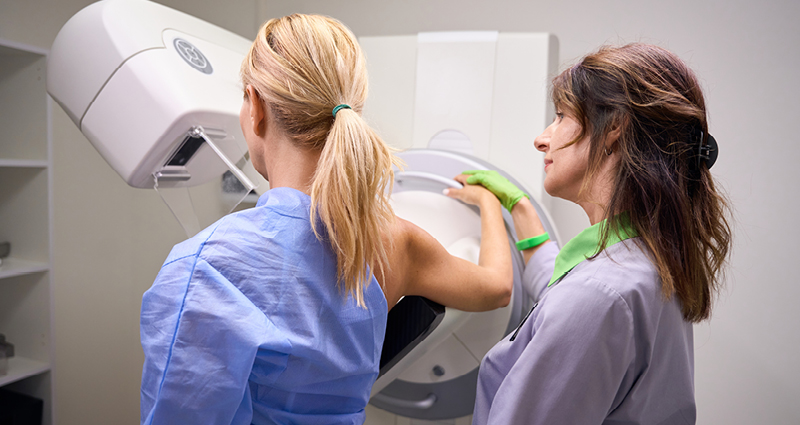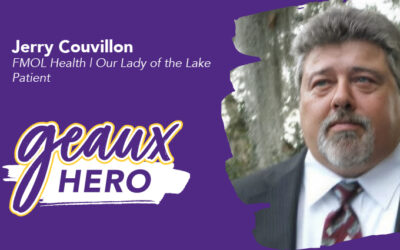Most women know mammograms are essential for catching breast cancer early.
But fewer know these same images can also provide a surprising glimpse into your heart health. For some women, a mammogram may reveal hidden risk factors for cardiovascular disease — the leading cause of death in women.
What Is Breast Arterial Calcification (BAC)?
A finding called breast arterial calcification (BAC) could be the red flag your doctor needs to protect your heart.
During a mammogram, radiologists sometimes notice small calcium deposits in the arteries of the breast. While BAC itself doesn’t harm the breast, it can be an important clue about the health of other arteries in the body.
Think of BAC as a warning light on your car’s dashboard. It doesn’t mean something has already gone wrong, but it signals the need for closer attention.
How BAC Connects to Heart Disease
Research shows that women with BAC are more likely to develop heart-related issues such as high blood pressure, heart attack or stroke. That’s because calcium buildup in the breast arteries often mirrors stiffening in arteries elsewhere in the body.
The good news? When BAC is identified, your care team can work with you to check blood pressure, cholesterol and other risk factors early — long before symptoms appear.
Why This Matters for Women
Heart disease is sometimes called the “silent killer” because its symptoms can be subtle or even mistaken for something else, like fatigue or indigestion. Many women don’t realize they’re at risk until something serious happens.
That’s why the connection between mammograms and heart health is so powerful. A routine screening you’re already doing for breast cancer can also give your doctor an opportunity to safeguard your heart.
Your Next Steps
Stay on top of screenings. Regular mammograms save lives by catching breast cancer early and, in some cases, offering early warning signs for heart disease.
Talk with your provider. If BAC shows up on your mammogram, your doctor may recommend additional steps like a heart health assessment or lifestyle changes to protect you.
Focus on prevention. Eating well, staying active, not smoking, and managing blood pressure and cholesterol are everyday steps that make a big difference for your heart.
One Screening, Double the Impact
By making time for your mammogram, you’re not only protecting yourself against breast cancer. You’re also giving your heart a chance at earlier protection.
Mammograms save lives by detecting more than just breast cancer. If you’re due for a screening, don’t delay. Your health — and your heart — are worth it.




